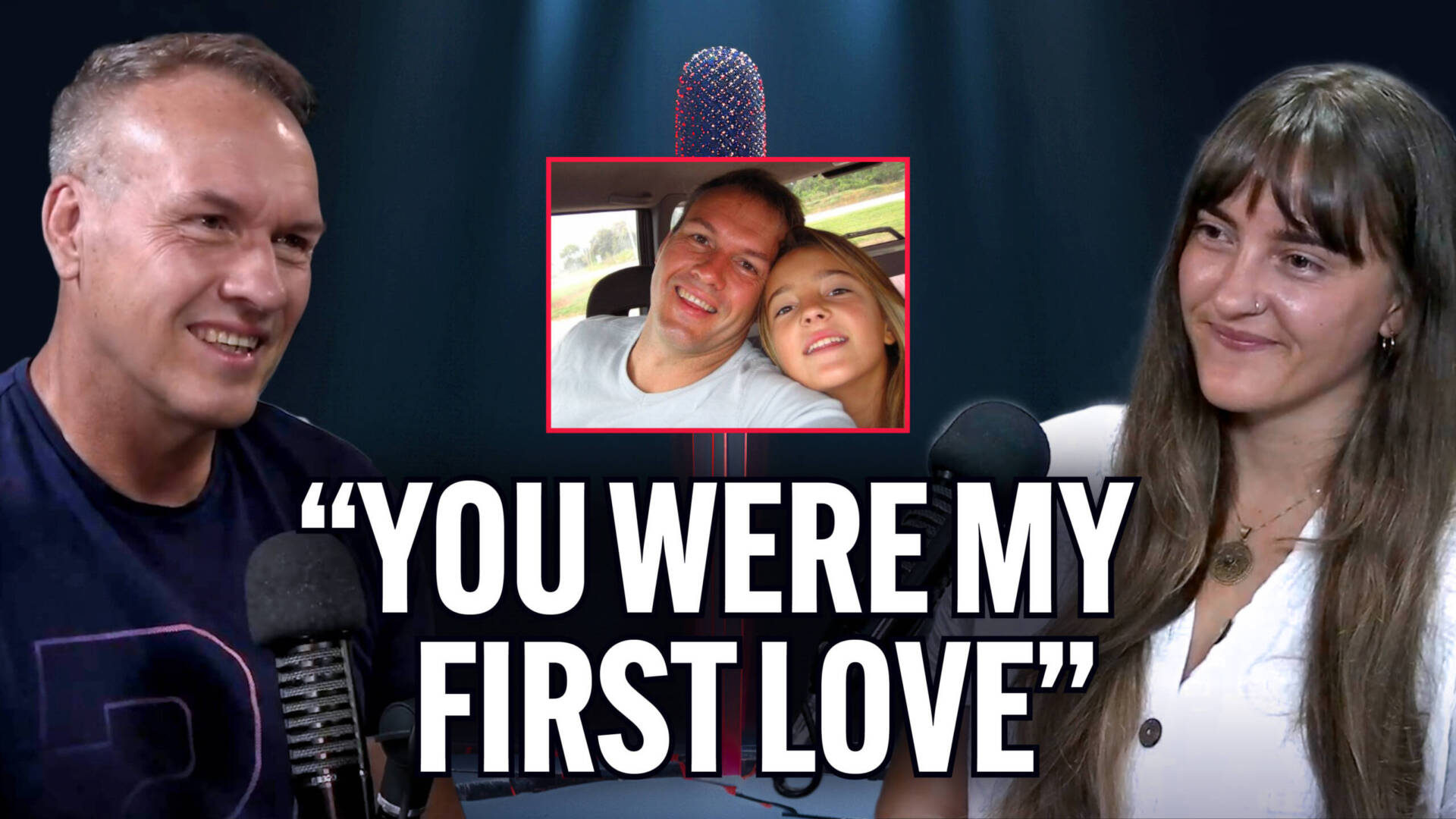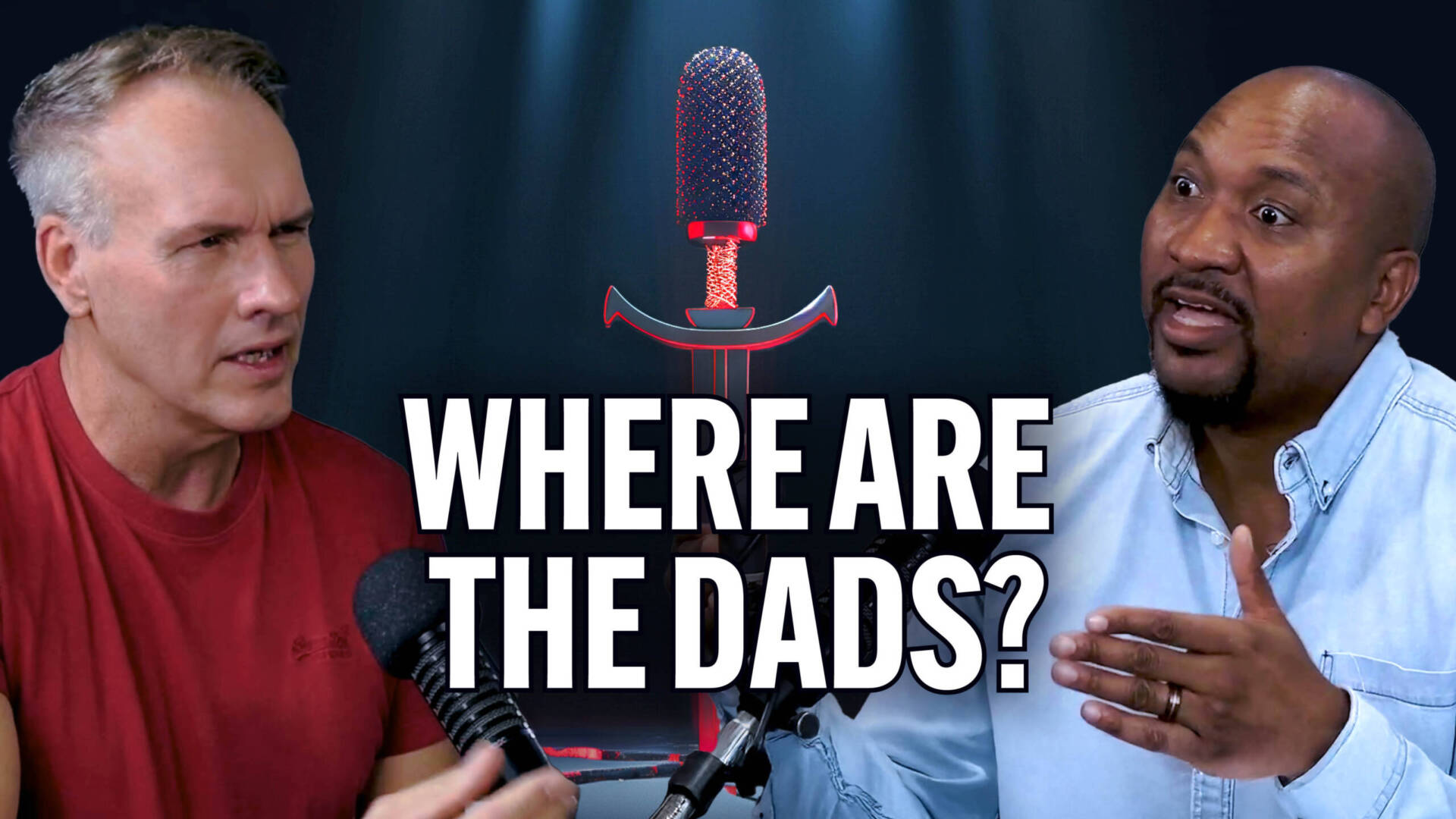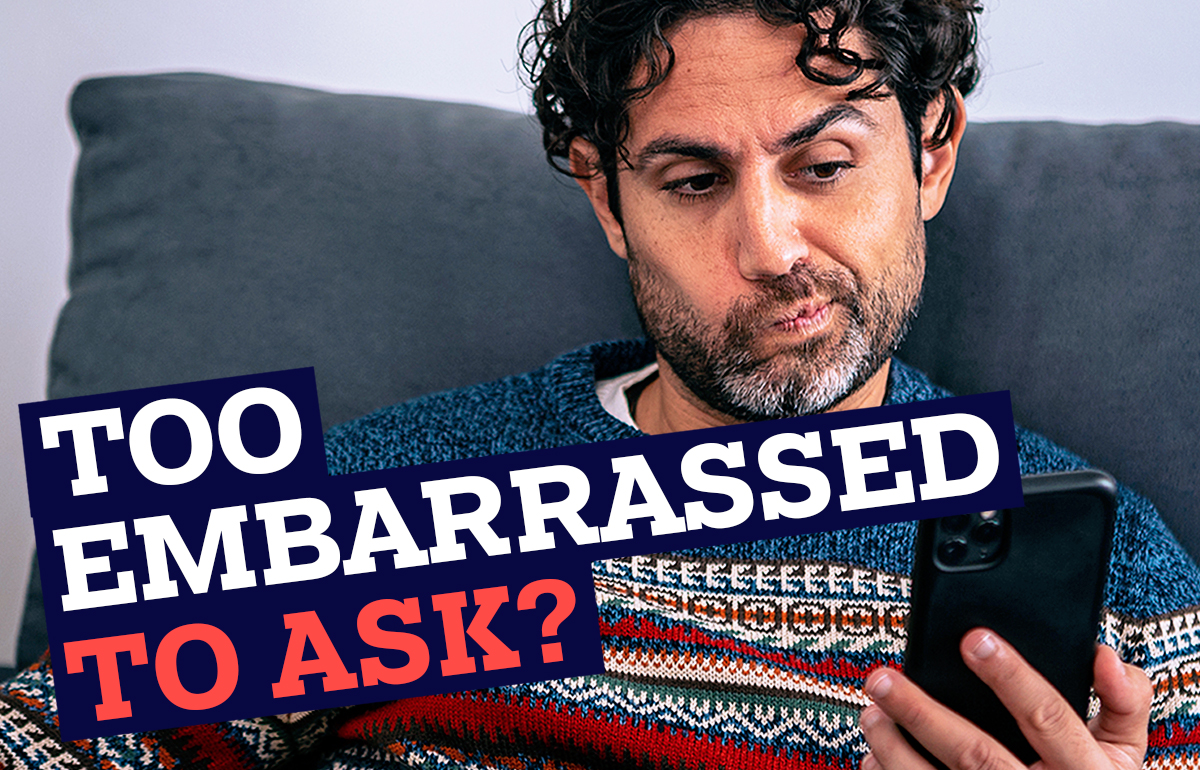“The deepest search in life, it seemed to me, the thing that in one way or another was central to all living was man’s search to find a father, not merely the father of his flesh, not merely the lost father of his youth, but the image of a strength and wisdom external to his need and superior to his hunger, to which the belief and power of his own life could be united.” – Tom Wolfe
A year after my divorce, my son Luke decided to come and live with me. At the age of 12 he was a big, strong boy, tall and solidly built. He played rugby, loved riding motor bikes and was a real boy in every way. Yet I also noticed a tenderness and vulnerability in him. More than that, there was a cry, a yearning for masculine nurture. He had questions that I needed to answer. His young developing masculine soul needed to draw from a man and that man was me, his father.
For several weeks after moving in with me, Luke would creep into my bed late at night and just hold on to me tightly. It’s hard to explain what passed between us during those prolonged, poignant hugs, but it was profound and beautiful. I didn’t have to say anything; he was drawing substance from me, almost by osmosis. I was his rock, his anchor. I was the source of masculinity and strength for his developing manhood. No matter what I was experiencing inside, no matter what challenges I was facing, I was Luke’s dad and he needed me.
Those few precious weeks brought home to me the impact that I as a father would have on my son – for good or for harm.
I realised that there was a window of opportunity for me to give Luke what he needed and that my willingness and ability to do this would quite possibly be the single biggest influence on his development as a man. I realised that fatherhood matters deeply, profoundly and undeniably and that a man who becomes a father needs to take this responsibility-laced privilege very seriously.
What we expose our children to, and what we teach them through our lives, words, actions and interactions helps to form so much more than their world view. It imparts to them their very sense of self, the inner fabric that will equip them for confidence and success or fear and failure. Fathers are the most powerful and important men in their children’s lives. Every boy longs to be mentored by his father; every girl longs to be adored by her dad. A father is his daughter’s first romance and his son’s first hero. He is their first, most important experience of who and what a man is.
Every father has a window of opportunity to input into his children’s lives. And like most windows of opportunity, it eventually closes.
The more input a father makes into his children’s lives in their younger years, the greater will be his influence in their later years. Too many fathers wake up late and try to discipline a teenager who is already showing signs of bad behaviour. Fathers need to get involved immediately and stay involved for the rest of their lives.
Being the most important man in someone’s life is a privilege that comes with profound responsibilities. Your children will come to you to answer the deepest questions of their hearts. Throughout their developing years they will ask you a thousand times and in a thousand different ways to answer key questions about themselves that no-one else can answer quite like you can. Answer well and you will lay an unshakeable foundation for your children’s emotional well-being and character. Answer badly or don’t answer at all and you will wound them and quite possibly set them up for a lifetime of emotional struggle.
It is astounding how many adults carry hurt from their relationship with their fathers.
Many are not consciously aware of it, but most men and women carry a father wound. Some of these wounds are blatant and debilitating, such as when physical or sexual abuse has taken place, but most are subtle, resulting from fathers who were present in body but not effectively engaged in their children’s lives. Very few men set out to deliberately harm their children, yet most men fail to give their children all they need, mainly because they didn’t receive what they needed from their own fathers.
The wounds inflicted by most fathers don’t destroy but they damage. They affect the ability of their children to be fully alive. They erode their self-esteem and subtly but significantly affect the important life choices they make as adults. The reality is that every father influences the lives of his children forever. That’s a given. Whether this impact is for good or for harm is the choice every father has to make.
Research on the social implications of absent or passive fathers reveals some frightening facts. The statistical link between absent or abusive fathers and every category of emotional and social dysfunction is direct and undeniable. Young people who grow up with absent fathers are at significantly greater risk of falling into substance abuse, promiscuity, early pregnancy, abuse, violence and crime. The greatest predictor of social pathology in children is fatherlessness, greater even than poverty.
In Fatherless America (Basic Books) David Blankenhorn says, “It is no exaggeration to say that fatherlessness is the most harmful demographic trend of this generation. It is the engine driving our most urgent social problems”.
It’s easy to view the damage done by absent, passive and abusive fathers as something that only affects people from poor or dysfunctional communities but the reality is it cuts across all communities. Whether they are rich or poor, educated or not, and regardless of culture or ethnicity, children need actively engaged fathers.
When fathers are absent children are wounded.
It’s as simple as that. And a father does not need to live apart from his children to be absent. Many fathers live in the same house as their children but are effectively absent in mind and heart. It is entirely possible to grow up in a household with two parents yet still have an orphaned heart. Someone aptly said that it’s hard to know which is more painful: a father that you’ve never seen and never known or a father that you’ve seen and never known. Passive fathers are effectively absent fathers and their children share the pain of those who are fatherless.
True fatherhood requires serious intent and consistent action. Being a great father doesn’t just happen. It takes a deliberate commitment.
True fatherhood cannot be outsourced or delegated; it must be handled personally. Just as a safe can only be opened by the key specifically designed for it, you as a father hold the key to unlock the potential in your child’s life. The world is crying out for men who will step up to the plate and be great fathers.
Fatherhood offers a chance for men to lay foundations of self-belief and conscious, principled behaviour that will affect not only the lives of their own children but generations to come. Every man has the potential to be a great father and every child deserves to have one.
The wonderful thing about being a dad is that we all get to be a hero. Of course, this means that we have to live up to some pretty high expectations.
But that’s okay, because every dad has it in him to be a hero to his children. And if we get it right we leave our children with a priceless gift. Impressed into their psyche and souls is the knowledge of a man as a strong, loving sanctuary, a place where there is safety and fun and affirmation. And they will live their lives out of this reservoir of grace and strength. Our sons are more likely to grow up honourable men, treating women with respect and caring for their own families. Our daughters are more likely to grow up as women of stature, making good choices and building strong families of their own.
– Excerpts taken from ‘Dad, How to Be the Father Your Children Need’






Leave A Comment